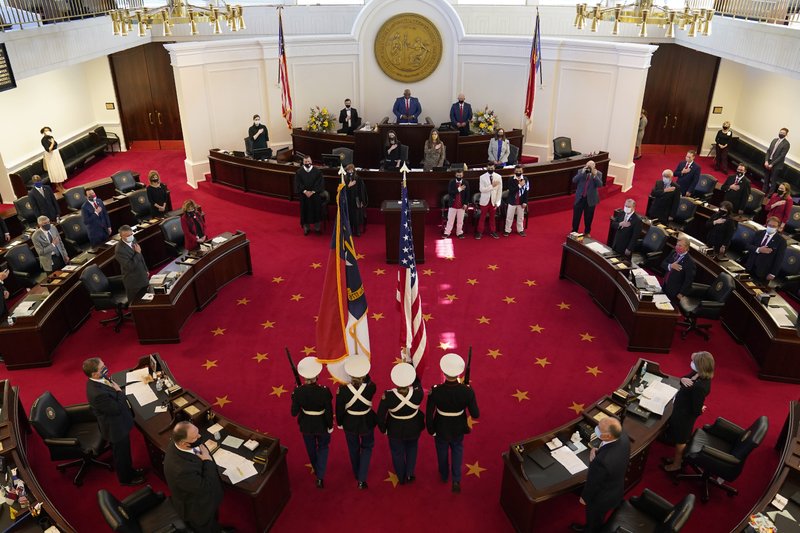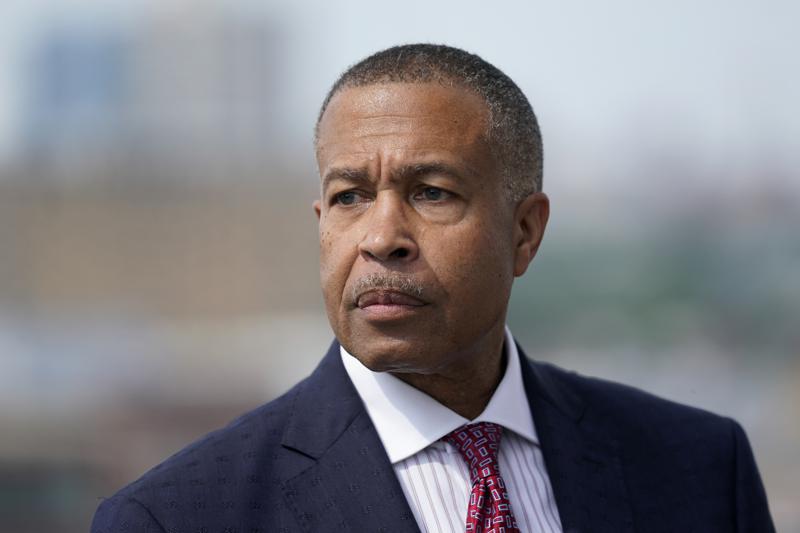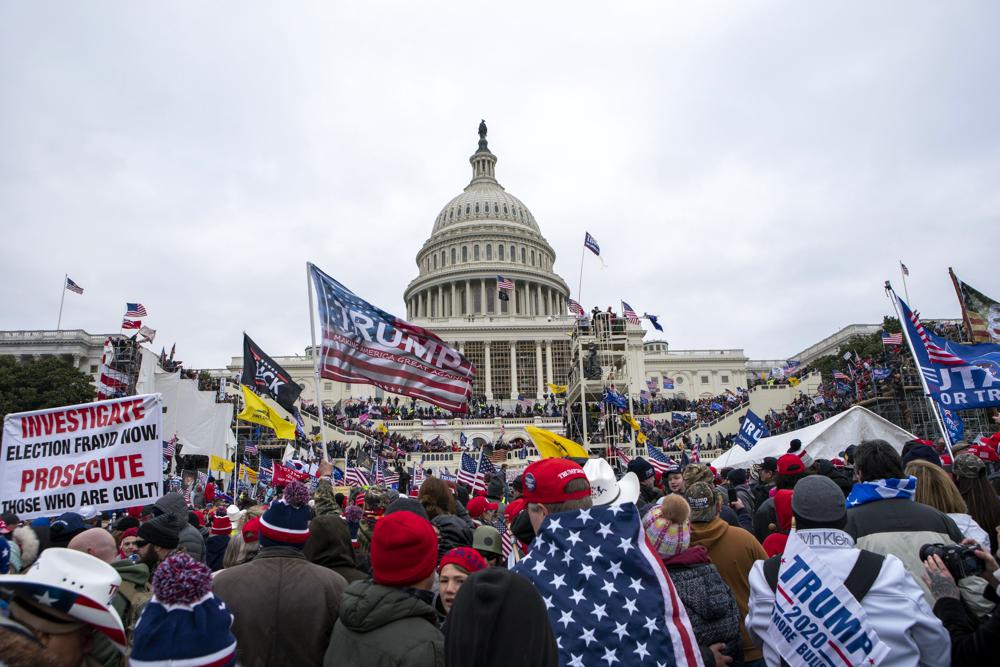We’re two states into the 2016 presidential primary cycle, and uncertainty continues to reign on both sides.
On the Republican front, Donald Trump followed up his disappointing second-place showing in Iowa with a convincing victory in New Hampshire – a win that was utterly unsurprising (all the polls predicted it) but still gave him a momentum boost heading into the lull before Nevada and South Carolina.
Meanwhile, Ted Cruz – who’s appealing mostly to evangelical conservatives and voters who aren’t sure Trump is right-wing enough – followed up his impressive Iowa performance with an equally unsurprising poor showing in New Hampshire. (New Hampshire voters tend to be less religious and more libertarian.) He’ll be on more comfortable ground when the campaign heads to South Carolina, but Trump still leads in the polls there.
Marco Rubio appeared poised to make big gains in New Hampshire after a strong Iowa caucus, but finished fifth after a disastrous performance in a nationally-televised debate (where he kept repeating the same scripted anti-Obama zinger, even while Chris Christie was simultaneously criticizing him for his reliance on scripted lines). His status in future states will depend on how well he can recover: the last presidential candidate who made such a gaffe in a debate was Rick Perry in 2012, and his campaign never rebounded.
Chris Christie and John Kasich, both moderates (relatively, at least), banked all their presidential hopes on New Hampshire. Christie clearly won the pre-primary debate by getting to Rubio, but it was Kasich who appears to have been the beneficiary: Kasich took advantage of Rubio’s slip by finishing second, while Christie polled well behind the frontrunners and left the race the next day. Will Kasich be able to carry that momentum forward to Nevada and South Carolina? Unlikely: Public Policy Polling director Tom Jensen says Kasich devoted all his attention to New Hampshire, so while he had strong support there, he has almost no support in any other state. (Jensen says Kasich is focusing on Michigan next, bypassing several other states in the process – not a winning strategy for president, but Jensen says it may be a good strategy if Kasich is seeking the vice presidency.)
Ben Carson and Jeb Bush are also running for president.
On the Democratic side, Bernie Sanders continues to build momentum with stronger-than-expected showings in Iowa and New Hampshire. The polls were mostly correct, though – Sanders outperformed expectations in both states, but pre-election surveys did generally predict a tight race in Iowa and an easy Sanders win in New Hampshire. And if the polls are to be trusted, that doesn’t bode well for Sanders nationwide: Hillary Clinton still has a sizable lead in most other states, driven largely by a huge advantage among black voters. (PPP’s latest national survey has Clinton leading Sanders 82-8 among African-American Democrats.)
Because of her advantage among black voters, Jensen says Clinton is almost certain to win the Democratic primary in South Carolina, where African-Americans will comprise more than half the electorate – and while it’s a little less definite, she also has the inside track to win Nevada, which has a larger minority population than Iowa or New Hampshire. (Though that isn’t saying much.) Sanders still has the clear momentum in the race, though, and he has a full week to campaign in Nevada (a caucus state) before voters head to the polls. (Also worth noting: Nevada’s caucus is restricted to Democrats only, while South Carolina’s primary is open to independents. Clinton generally leads Sanders among registered Democrats, while Sanders leads Clinton among independent voters – so Sanders benefits from open primaries, while Clinton benefits from closed primaries.)
PPP director Tom Jensen spoke with WCHL’s Aaron Keck.
Finally, Jensen says it’s worth noting that – in contrast to 2008 – the GOP primaries drew more voters than the Democratic primaries in both Iowa and New Hampshire. That’s an indication that Republicans are more excited about voting this year – and both Iowa and New Hampshire are potential swing states in the general election, so that may not be good news for Democrats. (On the other hand, the GOP race has drawn a lot more media attention – and it’s still much more competitive, even as Sanders continues to gain on Clinton – so Jensen says the larger GOP vote may be driven by other factors too. Time will tell.)




